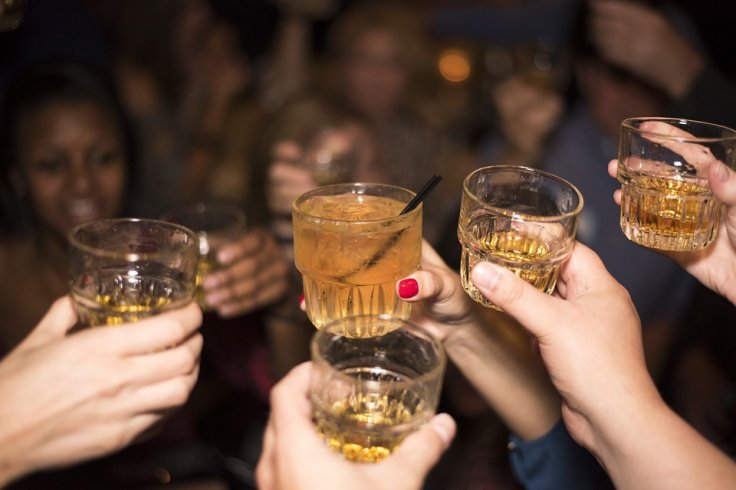As the Internet is flooded with news on the novel coronavirus, it looks like netizens are finding it really difficult to figure out what's truth and what's a myth with multiple fake news surfacing online. After people were fooled with incorrect information on drinking garlic water, ginger and hot chilly to protect from the deadly infection, another "health tip" has started doing the rounds on social media.
Also read: Will cow dung and cow urine cure coronavirus?
According to the latest "tip", people are asked to drink alcohol to protect themselves from getting infected from the coronavirus. Though the World Health Organisation (WHO) has recommended people to use alcohol-based sanitizers for hygienic lifestyle, the intake of alcohol against the virus is a fake claim.

The WHO has also clarified that this latest claim is not true. The experts have also requested people to always consume alcohol in moderation and not to start drinking to prevent COVID-19 infection.
"No, drinking alcohol does not protect you from 2019-nCoV infection. Alcohol should always be consumed in moderation & people who do not drink alcohol should not start drinking in an attempt to prevent 2019-nCoV infection," reads the tweet by WHO.
Recently, there were multiple theories that suggested taking a bath in hot water and using hot air hand dryers will kill the virus, as it cannot stay active in hot weather conditions with most of the confirmed COVID-19 cases were reported from countries with colder climates. However, the WHO has busted these myths claiming it as a piece of fake information.
Similarly, netizens were also concerned if mosquitoes, which is known for killing over 700 million people worldwide every year with many mosquito-borne diseases, can also transmit coronavirus from human to human. However, it is understood that there isn't any evidence to support this claim.
Since coronavirus can spread mainly through respiratory droplets of an infected person similar to how influenza and common colds are spread from one person to another, none of these claims surfacing online should be believed.









